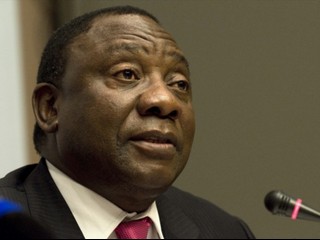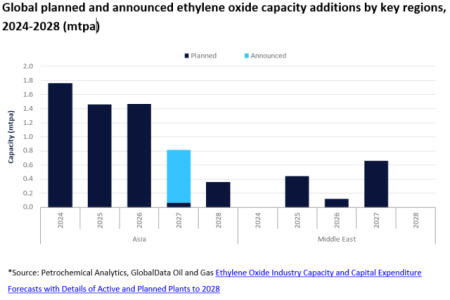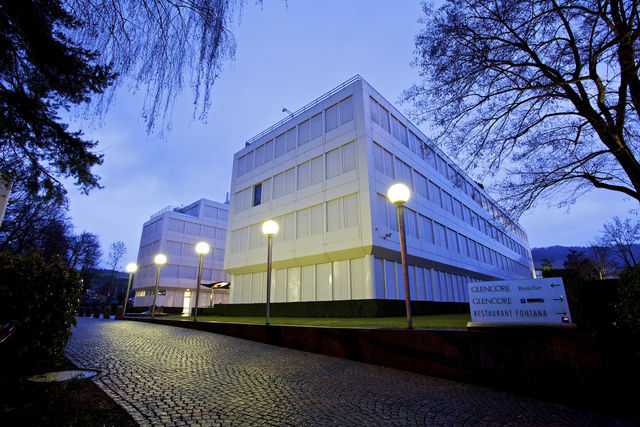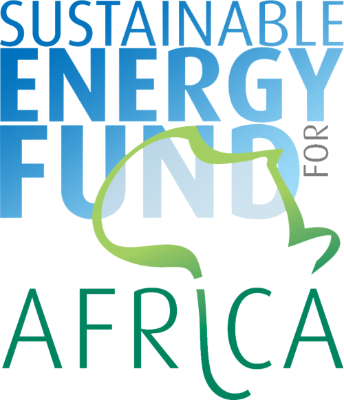
Johannesburg — South Africa faces a prolonged period of weak economic growth marked by rising unemployment, inequality and greater credit-rating risk if the government does not act fast to implement reforms, the International Monetary Fund (IMF) said on Monday.
Africa’s most industrialised economy has seen growth slow to a trickle over the last decade, while government borrowing has climbed rapidly to plug a widening budget deficit and fund bailouts of state firms plagued by mismanagement.
In October, the IMF slashed its 2019 gross domestic production (GDP) forecast for South Africa to 0.5% from 1.2%. On Monday, it said growth would remain subdued in 2020 and beyond if the government pursued its current policies and failed to quickly implement reforms.
“The FY20/21 budget to be presented in February should articulate measures to address fiscal and SOE (state-owned entities) challenges and stabilize government debt,” the global lender said in statement at the conclusion of a two-week, “Article IV” assessment visit to the country. “Failure to implement the needed adjustment in government and SOE spending and efficiency will worsen debt dynamics, erode financial stability, and further raise the country risk premium.”
Since taking over in early 2018, President Cyril Ramaphosa has vowed to stimulate economic growth by winning back foreign investors, easing policy log-jams and reforming cash-guzzling state firms, particularly power utility Eskom which is reliant on government money to stay afloat.
However his plan to split Eskom into three entities, seen as a centrepiece of economic reforms, has struggled to get off the ground. A new chief executive was appointed only last week and the government has pledged to give the company more than 100 billion rand ($6.8 billion) in bailouts over the next two fiscal years.
Kindly like us on facebook
- Reuters



